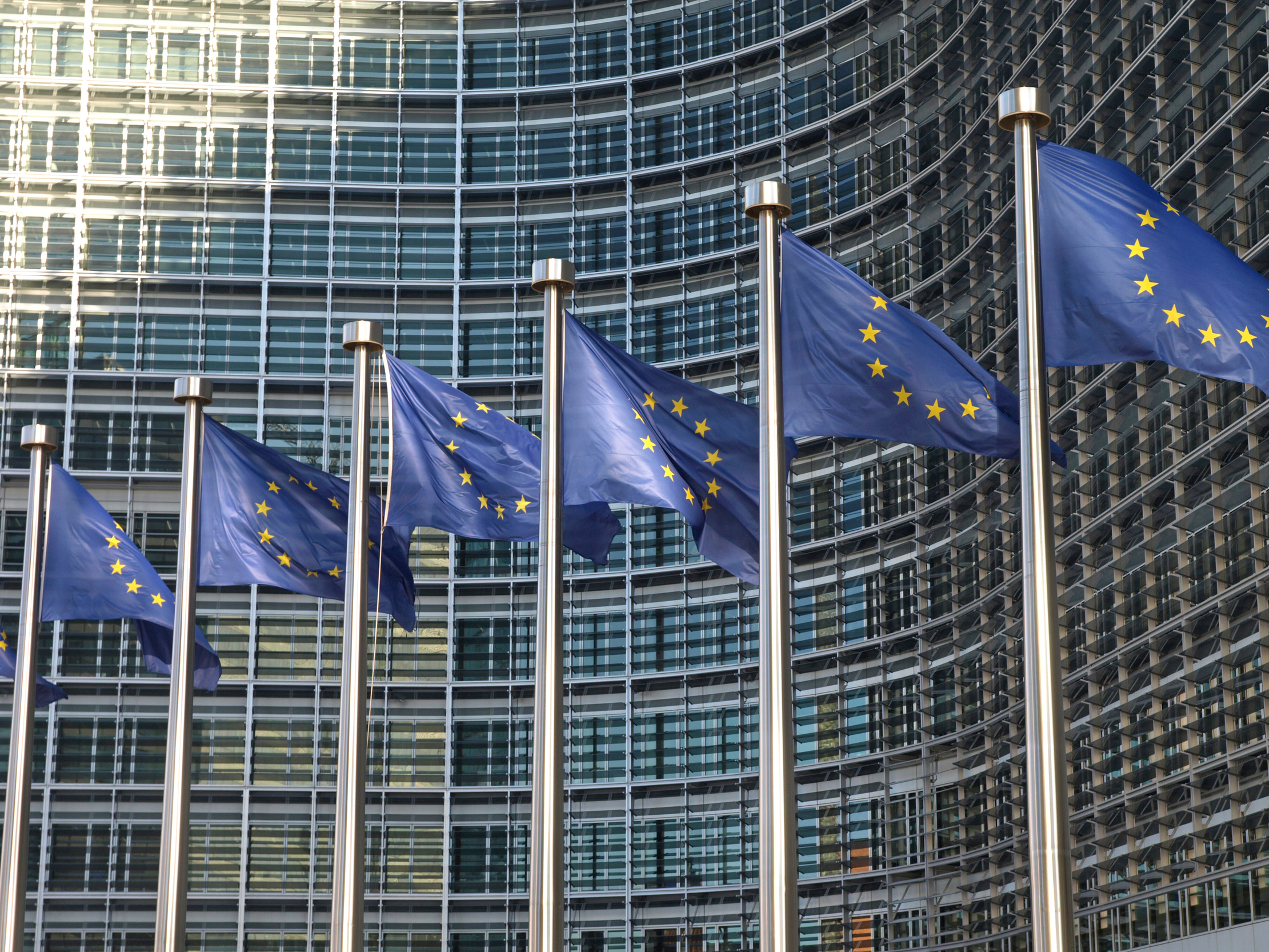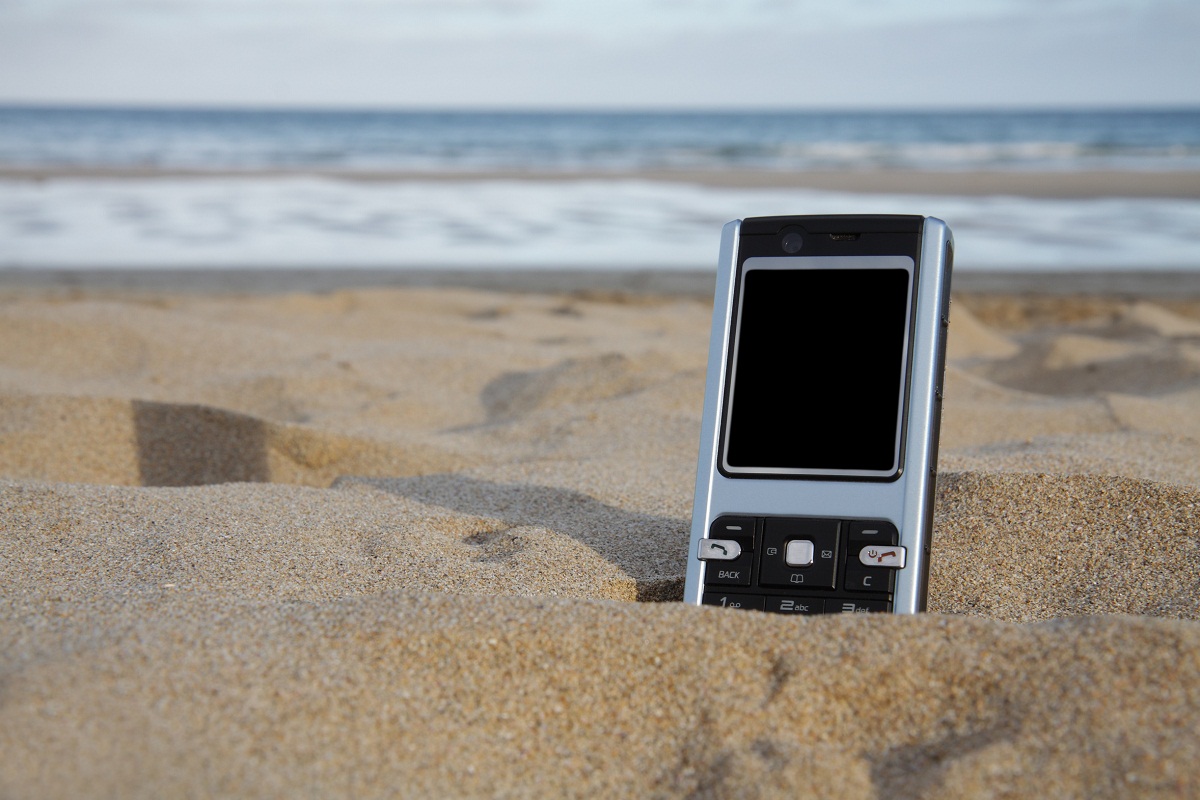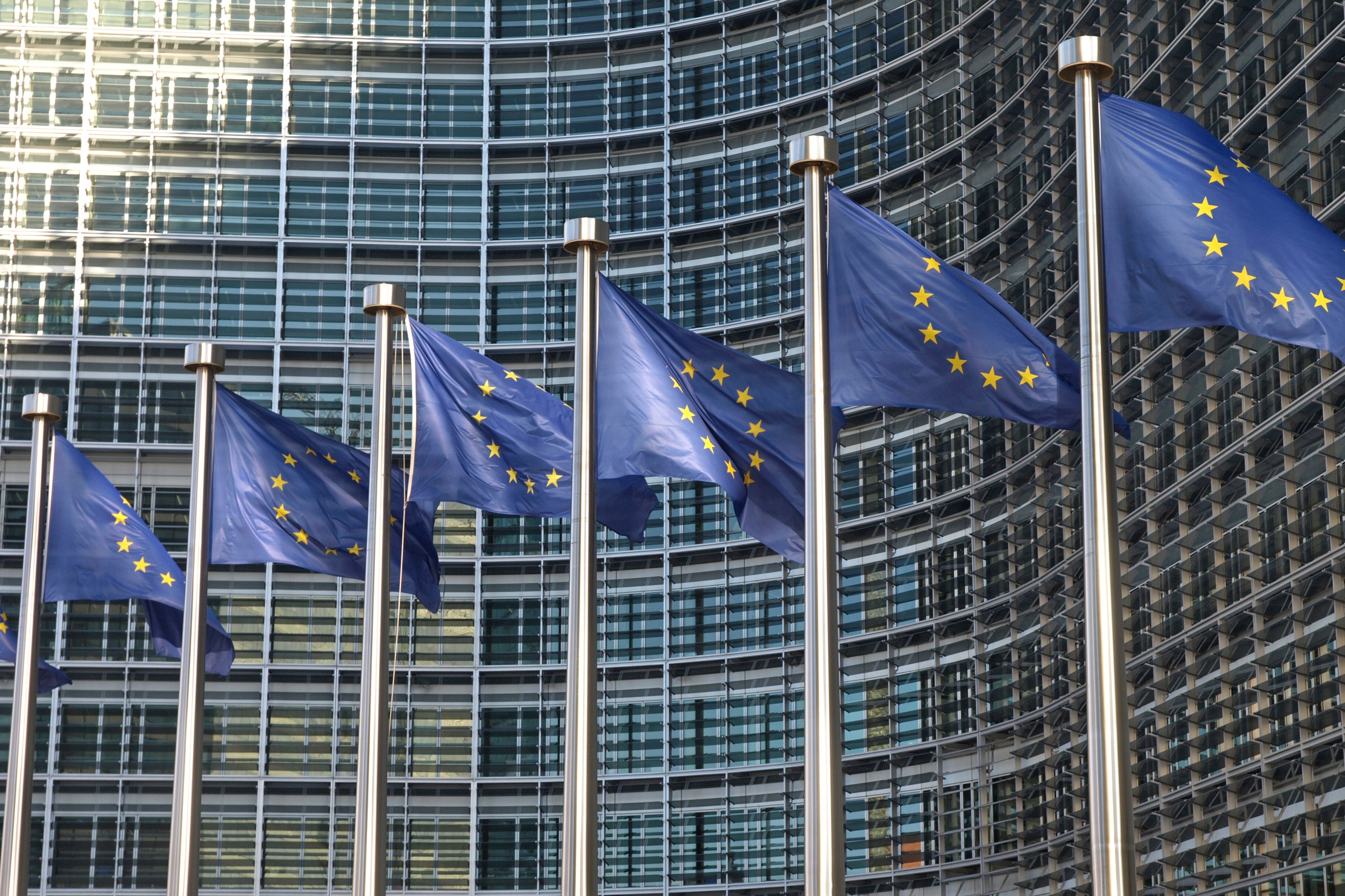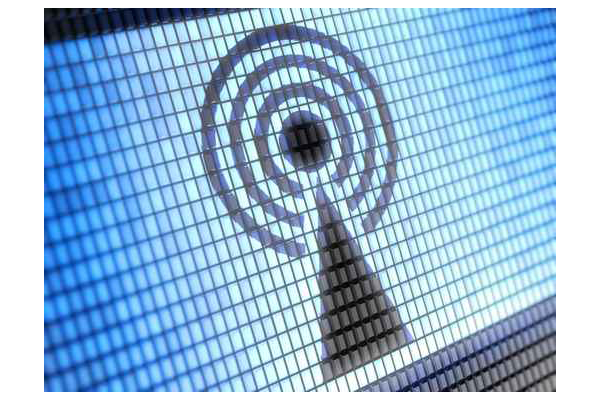European Commission embarks on EU-wide broadband deployment push
European Commission unveils "Connected Communities" scheme to improve EU-wide broadband availability

The European Commission (EC) has unveiled its "Connected Communities" initiative, which aims to help towns and cities take a more collaborative approach to delivering broadband services to their citizens.
The organisation is rolling out the scheme to boost the development of broadband networks across Europe, and is calling on local groups, private companies and public sector organisation to submit proposals on how to provide faster connectivity to their areas.
All those interested in taking part must submit their broadband deployment proposals by the 15 October 2014, and from here a select few will go on to receive "in-depth" support for their projects.
The types of additional support on offer will include individual feedback on their plans, as well as assistance from the World Bank in formulating a viable business plan for their projects and access to seed money from the European Investment Bank.
Furthermore, the European Union is also stumping up 453 billion to support initiatives like this, and state aid is potentially also in the offing for projects that are unlikely to harm local competition.
Neelie Kroes, EC vice president, said: "If you're a local authority, a region or a committed broadband activist, we are here to help you.
"We want to connect you to practical support and finance to help you achieve your vision for your community," she added.
Sign up today and you will receive a free copy of our Future Focus 2025 report - the leading guidance on AI, cybersecurity and other IT challenges as per 700+ senior executives
The Connected Communities scheme forms part of the EC's ongoing work to ensure 100 per cent of households within the EU have access to 30 Mbps broadband and that at least 50 per cent of these benefit from speeds of 100Mbps or more by 2020.
At present, it's thought that around 64 per cent of EU households get speeds of around 30Mbps, while just three per cent have access to speeds of around 100Mbps.
-
 I couldn’t escape the iPhone 17 Pro this year – and it’s about time we redefined business phones
I couldn’t escape the iPhone 17 Pro this year – and it’s about time we redefined business phonesOpinion ITPro is back on smartphone reviews, as they grow more and more intertwined with our work-life balance
-
 When everything connects, everything’s at risk
When everything connects, everything’s at riskIndustry Insights Growing IoT complexity demands dynamic, automated security for visibility, compliance, and resilience
-
 Which is the best UK network for data roaming in the EU?
Which is the best UK network for data roaming in the EU?Best And how will Brexit affect your data roaming in Europe?
-
 EU centralises European open data through one portal
EU centralises European open data through one portalNews Open Data Portal will enable public sector bodies to share information
-
 Capgemini to build €8m EU Big Data portal
Capgemini to build €8m EU Big Data portalNews European Commission’s Big Data platform will pull in open datasets from 39 European countries
-
 Europe signs 5G development deal with South Korea
Europe signs 5G development deal with South KoreaNews European Commission to team up with South Korea to boost standardisation around next-gen network
-
 European Commission demands UHF use reforms for internet users
European Commission demands UHF use reforms for internet usersNews Neelie Kroes wants telcos and mobile operators to suggest how Ultra High Frequency spectrum can be used to deliver internet services.
-
 Hack prompts European Parliament to shut down public Wi-Fi
Hack prompts European Parliament to shut down public Wi-FiNews Man-in-the-middle attack detected at EU legislative body.
-
 Joining the dots in European broadband
Joining the dots in European broadbandIn-depth The EC has mapped broadband coverage across the continent. Unsurprisingly Scandinavia and the Benelux does well, but so does much of the UK.
-
 Europe set to allow full mobile use on flights
Europe set to allow full mobile use on flightsNews Two decisions by policy makers in Europe to allow mobile use during flights.